
Konya Shamsrumi: What is the process of writing a poem like for you? Is it a lot of hard work or easy?
Adekunbi Lardo: Writing a poem for me can go both ways, easy and hard. First of all, bringing myself to come to the right frame of mind can be difficult. I usually get lost in my imagination and coming back down to reality to actually do something is a challenge. One thing I have learnt though is to use those imaginations to stir up something useful. Most of my poems were first written and performed in my head. And even though I never pin down the entire lines, words and ideas as it was in my head, I do capture the direction a poem is heading to and take advantage of that.
Writing can be hard when I’m having a bad day, or if I read a really fantastic poem and I realize I can’t top it, or if I read a book and my favorite character isn’t enjoying what I want him/her to enjoy. These mess with my own writing. On the other hand, writing is easy, especially when it’s about things I have been through, seen or experienced. I literally just pick up the pen and do not stare away until I’m done. Regardless of good and the bad times, I do not take these as an excuse not to write. To say I’m too sad to write is like I’m throwing a story or a good poem away. It happens though, and a lot of times I regret that. So I have learned through consistency to channel my every mood to write no matter the case.
The process includes, first, research. If I already have a theme, I get myself acquainted with it, whatever information I can get. If I do not have a theme, then I find one that is appealing to me, either online or from the lines of a book or something. Coming up with a title for a poem can be difficult for me though. After research, I put on transient music, it helps me concentrate and build up the story in my mind. I read the whole poem after writing two, three or more lines to make sure it’s going on fine.
Konya Shamsrumi: Please describe your sense of identity in this or any possible word or imagery or metaphor?
Adekunbi Lardo: Writers are the architects, words are the building blocks, the end result is the building. With every block, the building gets higher, but unlike a “real life” situation, this building cannot be completed as we keep building to make ourselves better. Every line, every punctuation, every expression, decides what the end product will be.
Konya Shamsrumi: If any of your poems can literally save a person’s life, which poem would it be and can you describe the person whose life you think it would have saved?
Adekunbi Lardo: My poem HAUNTED can save a life. Sometimes I am scared to admit that I wrote it because a lot of people will actually criticize it. It is a poem about a girl who was molested by a priest. Priests are sacred people, so we get to trust them too much. The priest believed she was possessed by a demon of beauty and that her hair would turn on the wrong people, like mermaids and walking corpses, and he wanted to deliver her from that. A lot of people commit suicide as a result of past experiences. When a priest molests you, and your life changes from then onwards to a life of recurrent nightmares, and your mother thinks you need to see a priest to deliver you form these nightmares, then it can get really wild. I used the priest to refer to people we look up to, either in the society or family.
The poem would save the life of any young person prone to being abused. Just because they are highly ranked doesn’t mean they should be trusted. Just that one act can change your life forever. I know someone who dealt with molestation at a young age. She tries to be happy but she feels she’s not like others, she feels she’s scarred for life and nothing can change that. She has been caught just in time, once, trying to kill herself. We’d probably say nothing is worth killing yourself over, but some scars leave you dead inside and you just live through everyday being empty.

Konya Shamsrumi: What does Africa mean to you, as potential or reality?
Adekunbi Lardo: To me, Africa is each and every one of us. Africa is a tribe, a people, strong and brave, unashamed of their colour or accent. Africa is our hair, our skin, our melanin. I feel Africa is underrated because of its underdevelopment in some places. Once, I read something presumably by the Russian president and he said Africa is a cemetery for Africans because in our riches, we travel abroad, have medical treatments abroad, invest abroad, pray abroad, study abroad but when it’s time for death, we come back to be buried here. And he ended with a question, “How developed can a cemetery be”? I find that very insulting, but it is the stinging truth.
There’s so much in Africa, down to our skin. According to popular science, the melanin in our skin can conduct electricity. God blessed us to the base, yet, we find joy in bleaching it away or presenting Africa as a total failure. I love the scent and the coarseness in our nature.
Konya Shamsrumi: Could you share with us, one poem you’ve been most impressed or fascinated by? Tell us why and share favorite lines from it
Adekunbi Lardo: I have been fascinated by a lot of poems but one I recently found fascinating is The End and The Beginning by Wislawa Szymborska. Generally, her poems gets me wondering how she thinks. This poem is about war, what happens after a war. Life goes on after a war. The broken things have to be fixed, the corpses have to be moved, the environment has to be cleaned up. After a war, the area is no longer an interest to the media, some people will complain that the area is boring without war. Some people will share true knowledge of what happened and why, others will share little knowledge and others will share no knowledge.
My favorite stanza is this one:
Photogenic it’s not,
and takes years.
All the cameras have left
for another war.
There is so much war in the world right now, and I think everyone can relate to this poem.
LARDO is a student of History and International Studies at the University of Jos. She was the Jos Poetry Slam winner in 2018 and a runner-up at the Abuja Literary Grand Slam in the same year. She has performed on several stages across the country, including the Abuja NOA Fireside Chat. She was also a participant in the Lagos International Poetry festival (LIPFest) 2018. She is an NGO volunteer and Programmes’s Director for the Custodians of African Literature (COAL), Jos.






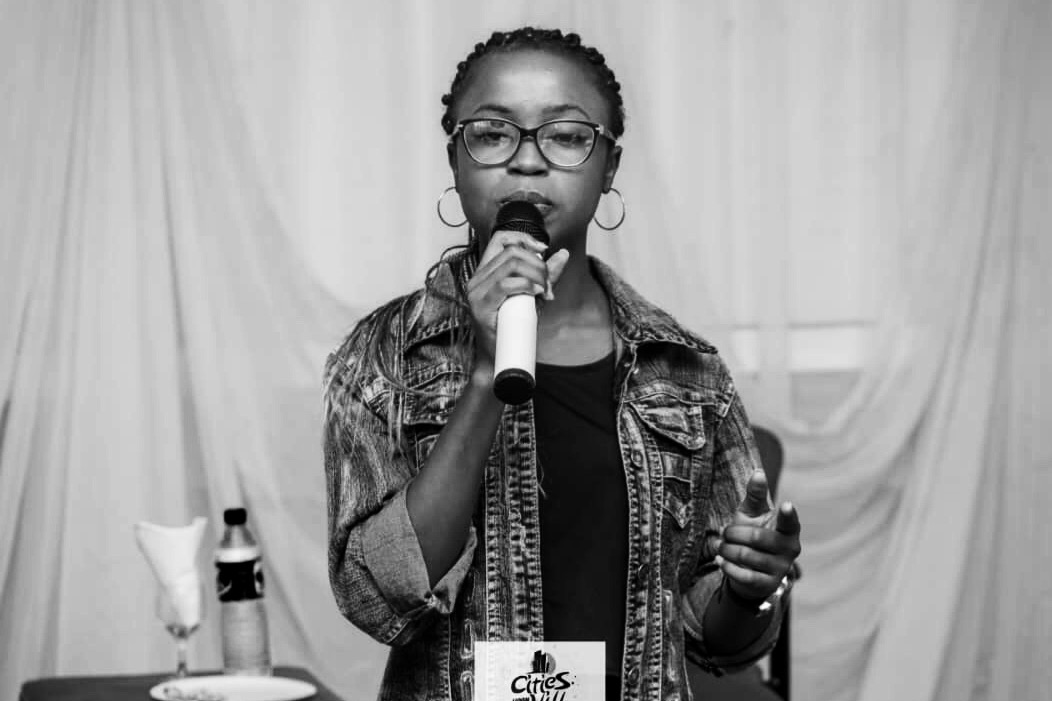
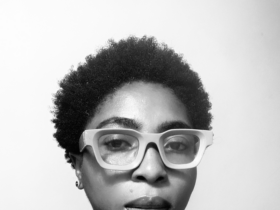
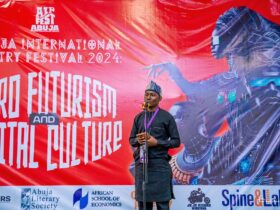
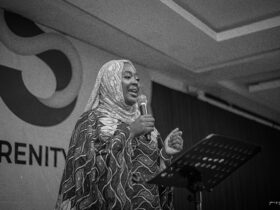
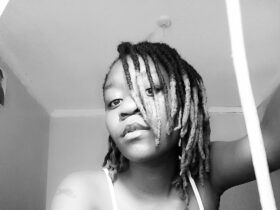
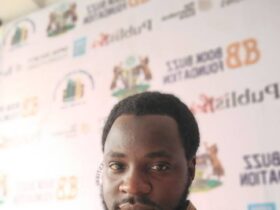

Nice lines about Africa.